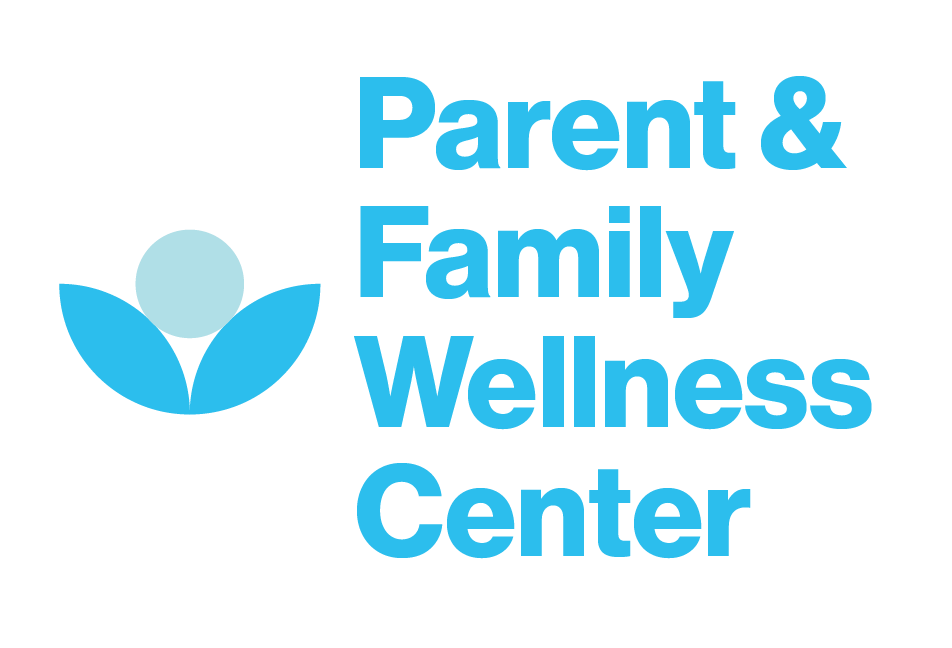Parenting
The transition to parenthood is a profound experience, and offers one of the most massive reorganizations in a person’s lifespan, including physiological and neurobiological changes, as well as major shifts in identity, relationships, beliefs and behaviors. Many parents are challenged to find their footing in the face of this tidal wave of change. Locating Parenting Support is key to the overall health and well-being of the entire family.
In a recent national survey, nearly half of all parents, and around 60% of all mothers, reported they had inadequate support during periods of stress during their parenthood transitions. These transitions often involve profound identity changes, where people are reexamining their sense of self, their primary relationships, their social roles, and their own experiences as children. Many new parents report feeling surprised by an intense sense of loss after their child becomes part of their family, or they may experience unanticipated ambivalence, worry, fear, or uncertainty. They may find themselves considering their own childhood and experiences of being parented more than they anticipated. As parents struggle in this process to reprioritize and restructure their lives and their sense of selves, they are often left to do so without the close-knit bonds of community support. Meanwhile, the early weeks and months are simultaneously a vital and vulnerable time for infants. Research on brain development demonstrates that the first few years of a child’s life are crucial. Both parents and children are quite needy during this intense period of life. Parents need optimal support, appropriate information and education, connection to community resources, and a safe place to process through challenges and celebrate successes in order to make the transition to parenthood as smooth as possible.
At PFWC, we offer parenting support in the form of:
Parent-Infant Dyadic Therapy is a supportive therapy process that supports the development of optimum relationships between parents and their infants and toddlers. Parent Infant therapy supports the parent-child bond by addressing challenges that may exist for the parent (depression, anxiety, relationship issues, parental confidence) as well as challenges that may present in the child (sleeping or feeding issues, emotional regulation challenges.)
Child-Parent Psychotherapy Child-Parent Psychotherapy (CPP) is an evidenced based therapy that promotes well-being in children aged 0-5 who are impacted by some form of trauma or loss, or who are struggling with mental health or attachment issues or demonstrate behavior challenges. The primary goal of CPP is to support and strengthen the relationship between a child and his or her caregiver as a vehicle for enhancing the child's healthy functioning.
Parent Coaching Parent coaching supports caregivers to navigate parenting challenges through structured feedback systems that are tailored to the family’s unique needs and goals. Parenting is hard. Let us say that again. Parenting. Is. Hard. And we aren’t meant to figure it out alone. At the PFWC, we understand the role that healthy parenting plays in raising healthy children, and so we will guide you along those tricky parenting moments though a practice in understanding the neurobiology of attachment, child development, psychodynamic theory, nervous system management, and healthy conflict resolution. There is always a way though those hard moments, or seasons in parenting, and we want you to feel empowered to get to the other edge of these bumps. Parent coaching may include behavioral challenges, support through parenting a sick child, co-parenting and divorce, parenting through developmental changes (toddlerhood/adolescence), managing life adjustment and change while parenting, and managing self care while taking care of children.
Parent-Child Assessments (Emotional Availability™ Scales) Many parents want to understand how their parenting style, behaviors, personalities, and unique struggles may impact their relationship with their children. Parent-Child Assessments are tools that allow trained clinicians to assess the health and well being of the attachment relationship between caregivers and children so that they can make recommendations on how best to support the family system. Based on attachment theory, Emotional Availability (EA) is a research-based, scientifically driven way of understanding the quality of communication and connection between a parent (or caregiver) and child. EA Scales create a formal assessment structure for the parent-child relationship that is elucidating and helps parents in their efforts to offer attuned, responsive care to their children. For more information on EA, see here http://www.emotionalavailability.com
Play Therapy Play therapy is a structured, theoretically based approach to therapy that builds on the normal communicative and learning processes of children. Play therapy builds on the natural way that children learn about themselves and their relationships in the world around them, and differs from normative play in that the therapist helps children to address and resolve their problems. Play therapy assists children towards better social integration, supports their healthy growth and development and well as emotional modulation, and helps to resolve trauma.

